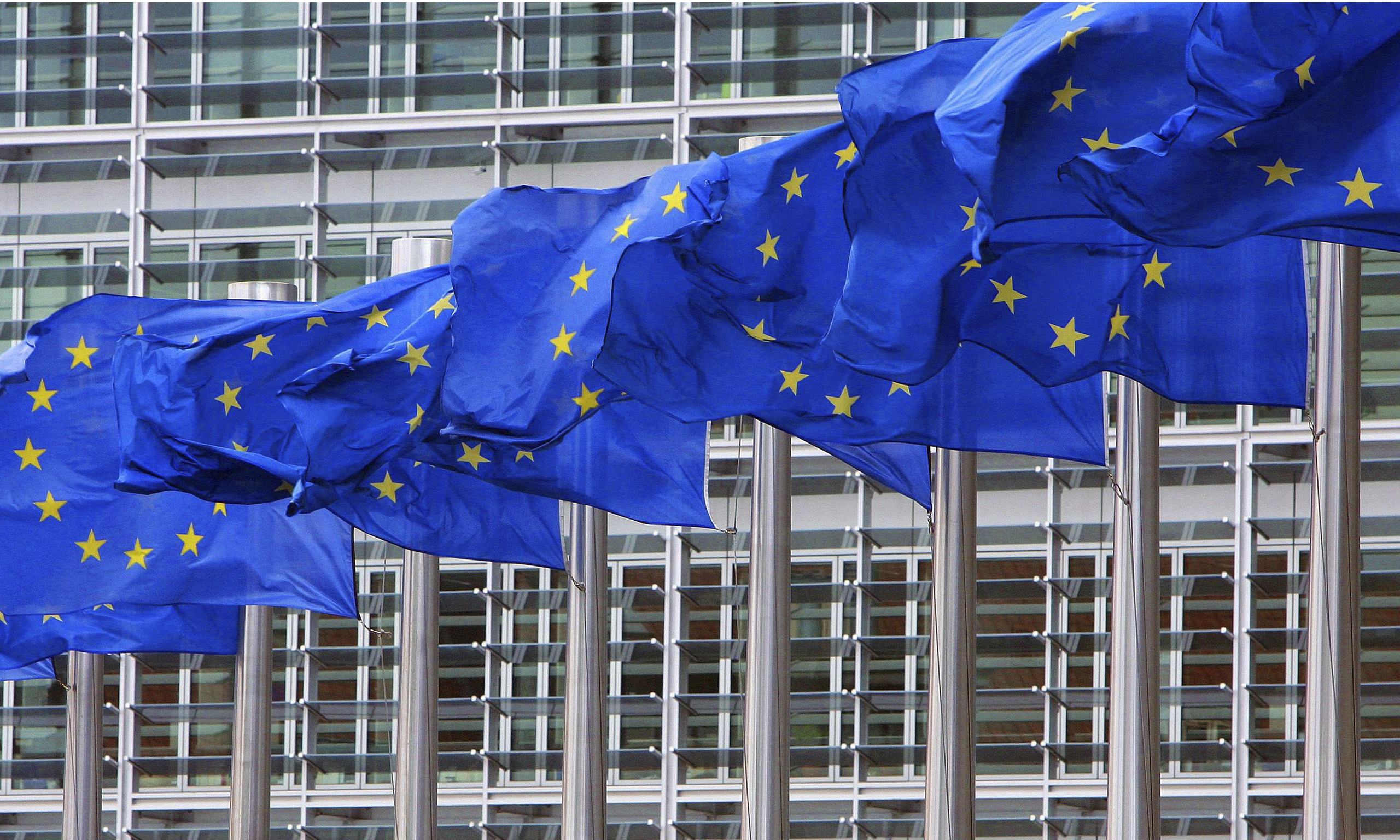Statement by Executive Vice-President Vestager on the approval of two State aid measures

Today, the European Commission has approved under State aid rules, namely the Temporary Crisis and Transition Framework, a €2.9 billion French scheme supporting the production of batteries, solar panels, wind turbines and heat-pumps, related key components and critical raw materials.
Furthermore, the Commission has approved €902 million in State aid from Germany to Northvolt, a Swedish battery producer, also under the Temporary Crisis and Transition Framework. The measure will support Northvolt’s plans to build a gigafactory for the production of battery cells in Heide, Schleswig-Holstein, an assisted area for the purpose of regional aid, with total investments costs of about €2.5 billion.
Executive Vice-President Margrethe Vestager, in charge of competition policy, said:
“The production of net-zero equipment in Europe is of strategic interest for the European economy and society. It has immense importance for achieving our goals in clean mobility, sustainability, and competitiveness.
Today, the Commission has approved a €2.9 billion French scheme supporting the production of batteries, solar panels, wind turbines and heat-pumps, related key components and critical raw materials. The measure was assessed under the Temporary Crisis and Transition Framework. It has since March 2023 enabled Member States to design simple and effective schemes to support investments in net-zero equipment, while ensuring that support is proportionate, targeted and temporary. It follows the approval of similar schemes in Austria, Belgium, Germany, Hungary, Italy, Slovakia, and Spain, worth in total €9.1 billion , and with several others in the pipeline.
Also today, the Commission has adopted a separate decision approving €902 million of German support to Northvolt. The aid will enable Northvolt’s investment in a gigafactory to produce battery cells for electric vehicles in Europe instead of the United States. It is the first individual measure that was approved in line with the exceptional possibility under the Temporary Crisis and Transition Framework. It allows for providing higher amounts of aid if the investment is at risk of being diverted from Europe due to the availability of foreign subsidies.
Today’s decisions show that our State aid rules enable Member States to accelerate net-zero investments at this critical moment, while protecting the level playing field in the Single Market and cohesion objectives.”
